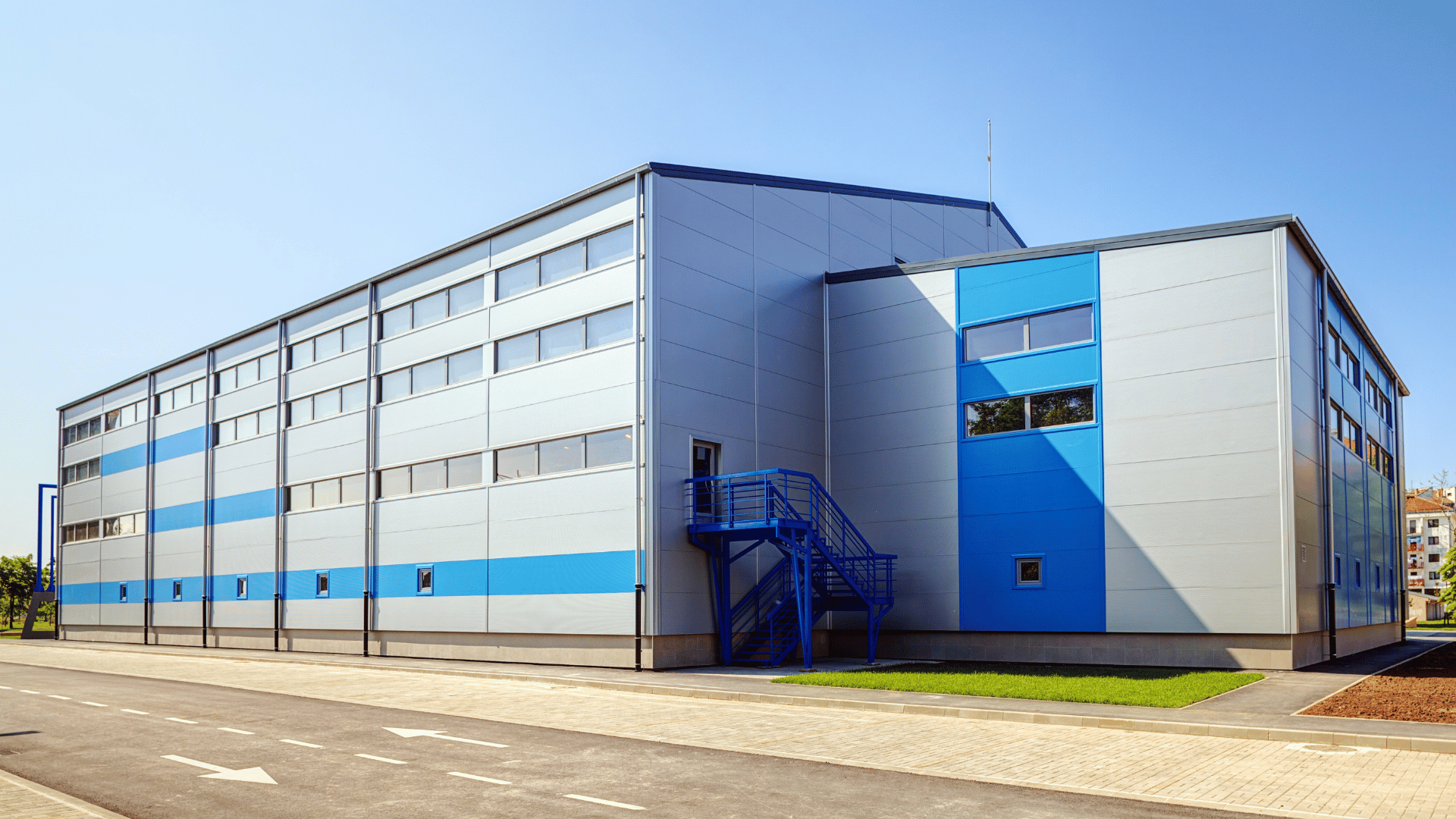

Fees to Know in Commercial Property Management
Managing a commercial property can be a complex endeavor with many moving parts. One important aspect to understand is the various fees involved and how they impact property expenses. In this blog post, we’ll explore some common fees associated with commercial real estate management.
Management Fees
One of the primary fees in commercial property management is the management fee charged by the property management company. This fee is typically a percentage of the gross revenue collected at the property. Management fees often range from 3-6% of gross revenue, but can vary depending on the size and complexity of the property. This fee covers the manager’s time and effort for overseeing the property, including activities like collecting rent, maintaining systems, supervising vendors, budgeting, accounting, lease administration, and responding to tenant issues.
Leasing Fees
When space needs to be leased or re-leased at a commercial property, leasing fees are commonly charged by the manager. Leasing fees range from 1-2% of the lease value and compensate the manager for executing new leases. This covers activities like marketing vacant space, showing spaces to prospects, evaluating applications, negotiating lease terms, and preparing lease documents. Some managers also charge an ongoing monthly fee over the lease term.

Construction Management Fees
For larger capital improvement projects or tenant build-outs, the manager may charge a construction management fee around 5% of the total construction cost. This compensates the manager for overseeing and coordinating the construction process, including soliciting bids, selecting contractors, securing permits, monitoring timelines and budgets, and inspecting work.
Maintenance Fees
Some managers charge additional monthly maintenance fees, especially for tasks like HVAC maintenance, landscaping, or janitorial services. This provides ongoing upkeep for common areas and building exteriors. Fees are set based on the scope of services provided.
Administrative Fees
Beyond the base management fee, some additional administrative fees could include charges for tasks like preparing annual budgets and reconciliations, procuring insurance policies, property tax administration, handling legal issues, preparing leasing reports, and responding to specialized owner requests.
By understanding the key fees involved, property owners can better evaluate and budget for the costs of professional management. With the right manager, the expertise and services provided should more than justify the expense.
Contact Us Today
Scott Naasz: (612) 819-8285
Email: scottnaasz@kwcommercial.com
Kaitlyn Page: (701) 220-5123
Email: kaitlynpage@kw.com




































